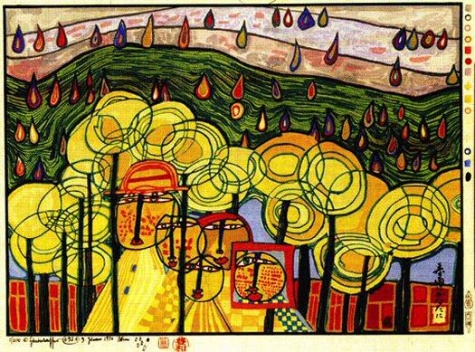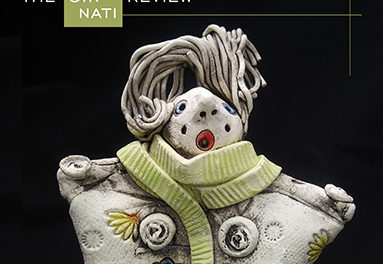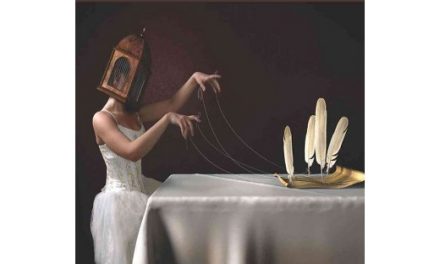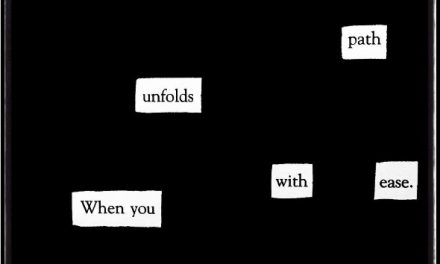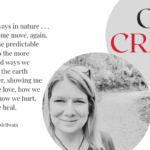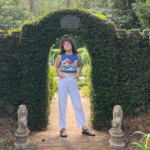We like to find out from our writers what inspired their work. We expect to hear the following: childhoods of neglect, too much book-learnin’, time spent working on a communal farm in the Ukraine, or an overdose of beautiful vistas on their recent road trips. These contributors to Issue 9.1 have higher concerns: we noticed that they are especially interested in the intersection of geography and economics, and with the relevance of art. (This is our last feature of bonus material from Issue 9.1, which you can order here; keep an eye out soon for bonus material from 9.2!)
Sara Grossman: Abandoned industrial factories populate the eastern seaboard. I’m interested in the ways that these postindustrial spaces are often thought of as sites of economic and industrial ruination, but never as sites of ecological ruination. I wrote “Pittsburg Plate & Glass Company, Lot 63” as a way to think beyond popular discourses of economic and industrial ruination. This poem (and the sequence from which it comes) is interested in paying attention to the distinct ecological and chemical elements that inhabit and transform American postindustrial space.
Gregory Lawless: I wrote “Foreclosure” and “Straw Lady” during a poetic splurge in the fall of last year, when I was busy exploring new ways to represent/inhabit both the rural and post-anthracite-urban regions of Northeastern Pennsylvania, where I grew up. I was also thinking about the particulars of economic and environmental collapse. In addition to the housing crisis and all of its miserable consequences, Pennsylvania was then newly beset by natural gas companies, which were and are fracking there while not paying much in taxes. The poems alternate between syntactically-hysterical and soberly-descriptive modes of speech, though these modes cooperate, I 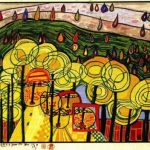 think, in helping me question the legitimacy of conjuring beauty from social and environmental disarray. They are poems of spastic hate and hurt, plus whatever love is left over. I would like very much to stop writing them.
think, in helping me question the legitimacy of conjuring beauty from social and environmental disarray. They are poems of spastic hate and hurt, plus whatever love is left over. I would like very much to stop writing them.
Jill Osier: (On “The Rain Falls Far”) This piece came out of my being taken with the work of Friedensreich Hundertwasser, and writing poems based on the titles of his paintings, one of which is The Rain Falls Far From Us.
Ian Pople: (On “Wood in the Air”) Last year I went to the Summer Exhibition at the Royal Academy in London. The Summer Exhibition at the RA is traditionally an “open” exhibition, for which artists both famous and otherwise submit items for selection to be exhibited. The artists on the general selection committee each curated a particular exhibition 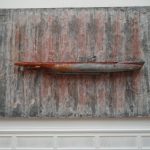 room. In one room, the artist Anselm Keifer had hung a piece called “Aurora.” This consisted of a model of a rusting submarine, suspended against a stained and rusting metal background. I could not help thinking of those who work in such submarine environments. I was reminded, in particular, of the tragic events surrounding the Russian submarine, Kursk. Part of the drive for my poem is a working outwards from the claustrophobia of the submarine to the work of those who work with machinery in the open air.
room. In one room, the artist Anselm Keifer had hung a piece called “Aurora.” This consisted of a model of a rusting submarine, suspended against a stained and rusting metal background. I could not help thinking of those who work in such submarine environments. I was reminded, in particular, of the tragic events surrounding the Russian submarine, Kursk. Part of the drive for my poem is a working outwards from the claustrophobia of the submarine to the work of those who work with machinery in the open air.

